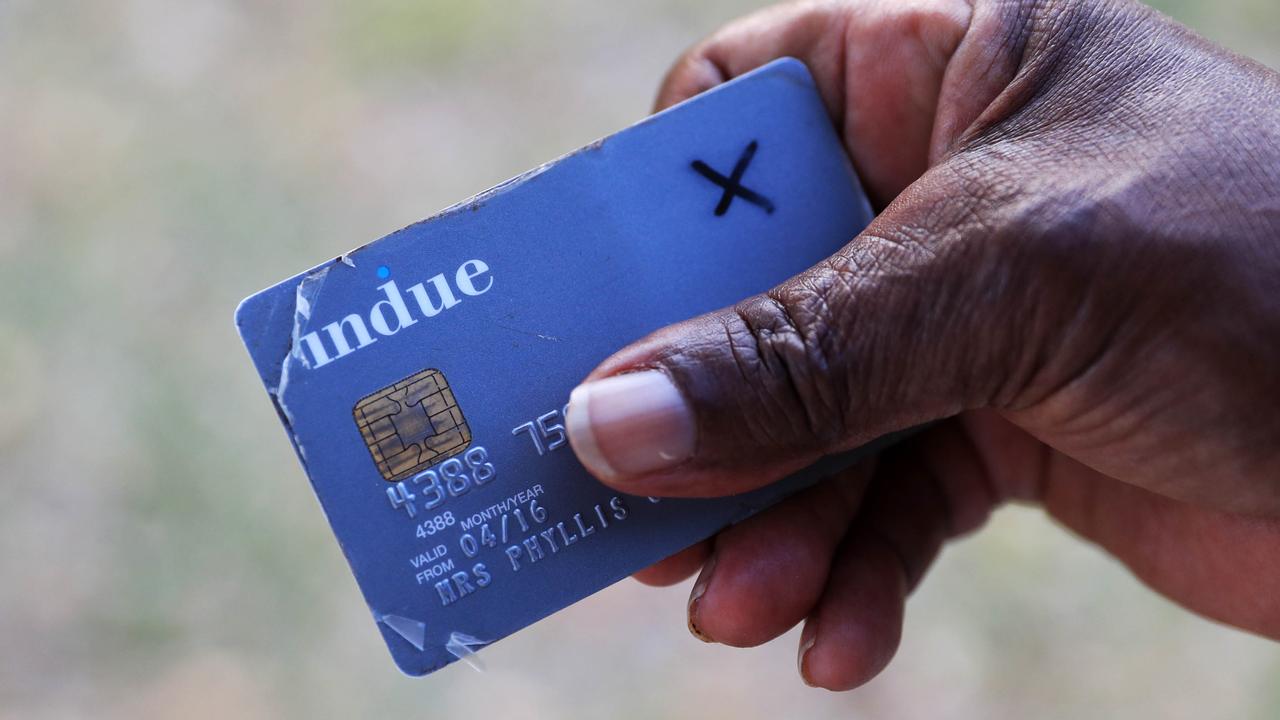Where words fail, Pilbara police tackle family violence with pictures
A significant number of perpetrators who breach restraining orders have not understood the conditions placed on them.

When Martu leaders from the West Australian desert town of Newman sat down with police to talk about the pervasive and complex problem of family violence, they agreed on one driving factor that was relatively easy to address.
A significant number of perpetrators in the Pilbara who breach violence restraining orders, protective bail orders and police orders are found to have not understood the conditions placed on them in either their written or verbal forms. Their victims often do not understand either and unwittingly spend time with the perpetrator while a court order is in place, which can lead to more violence and a lengthy jail sentence for the perpetrator.

When Newman senior officer Mark Fleskens recently asked Martu men and women to explain what happened in these cases, he heard the stories of traditional desert people — the first generation of Martu to live in town rather than in remote communities — for whom English is a second or third language, if they speak it at all.
Martu man Jamie Narrier, who works with women in the Kanyirninpa Jukurrpa ranger program to make changes he hopes will keep more of his people out of jail, says the issue seems basic but is huge.
At a recent Kanyirninpa Jukurrpa workshop to discuss how to help Martu better understand the court and police system, a man who has spent much of his adult life in and out of jail asked what “guilty” and “not guilty” meant.

“The paperwork doesn’t mean anything if the person doesn’t understand it. It is really easy to get in big trouble,” said Mr Narrier. “The man thinks he is free to go but the paperwork says he is on an order.”
Martu leaders believe they have a possible solution to help perpetrators and victims visualise what the court or police order says.
“We came up with cards,” said Martu leader Vivienne Landy.
The Martu have designed three cards — red, yellow and blue — at least two of which will soon be trialled by Newman police, who are learning a small number of Martu phrases such as “nyina jualpa”, which means “stay apart”.
The blue card is a police order and shows two figures fighting with a diagonal line through the drawing. In big letters on the card are the words “you two stop it!” and then, in Martu, “jurrangkupula”. On the back is the order for the parties to separate for three days.
The yellow card is a violence restraining order and depicts the figures of a man and a woman standing apart with a double-edged arrow between them. The words “stay apart” are written in English and Martu. On the back of the card, police will fill in the space next to “start date” and “end date”.
Martu leaders Vivienne Landy, Annabelle Landy and Julie Toby say they are proud of the idea. Ms Toby said, for her people, family violence had long been a problem.
In Newman, with fewer than 7500 permanent residents, family violence assaults have been trending up since 2008. The problem is seen in both indigenous and non-indigenous communities.





To join the conversation, please log in. Don't have an account? Register
Join the conversation, you are commenting as Logout